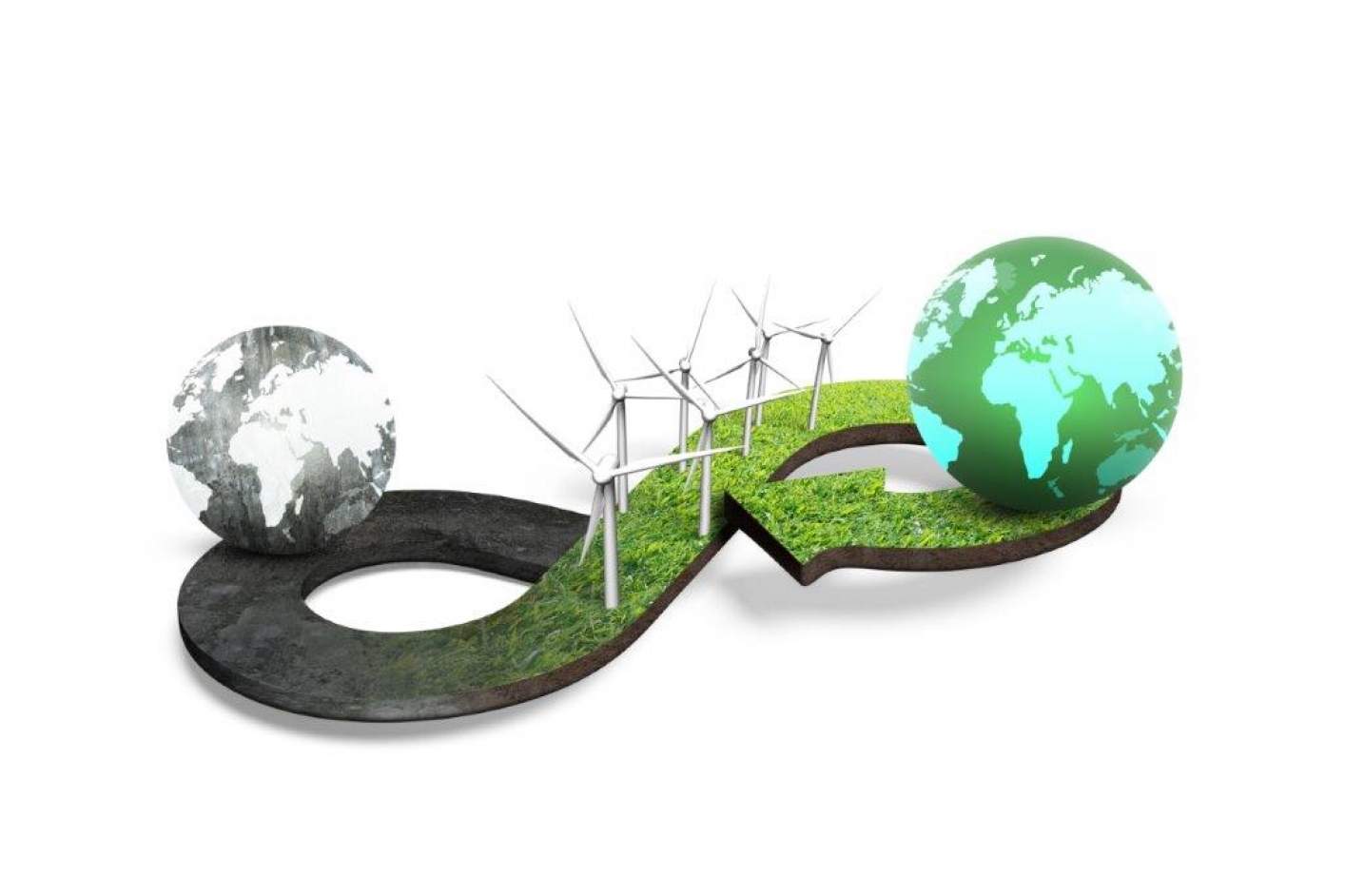
Background and request for advice
In the decades to come Dutch society will undergo dramatic changes associated with the sustainability transition that is needed in many areas of life, such as energy supply, raw materials use and the food system. The changes will not only affect the physical environment, but also the way we work, produce, consume, feed ourselves, move around, etc. A sustainable society implies different production processes, skills, revenue models and rules. In short, an economy with a different economic structure.
The central question addressed in this report is How can the national government steer the transition to a sustainable economy, what strategies and instruments does it have at its disposal, and how can it involve society in the transition?
Advice
The Dutch government has an essential part to play in steering the transition towards a sustainable economy. The governance options available to national, regional and local government are the subject of this advice. In the report the Council for the Environment and Infrastructure uses academic insights on the governance of transitions to analyse Dutch policy and practice in three topical policy areas: the energy transition, the raw materials transition and the food transition. Drawing on this analysis, the Council formulates a number of points for consideration and makes recommendations for the governance of sustainability transitions by national government, as summarised below.
A sustainable economy requires a vision based on well-being
The Dutch government has set ambitious goals for sustainability for both the short and long term, such as a 49% reduction in CO2 emissions by 2030 and a fully circular economy by 2050. But there is no coherent vision of what a sustainable society will look like, nor a roadmap for getting there. Such a vision should provide the glue that binds together the economic, social and economic objectives. In view of the limits to growth that the Earth imposes on our current economic system, this vision should be based on a broad concept of well-being which goes beyond material prosperity to include aspects such as health and quality of life. Furthermore, creating this vision as advocated by the Council is not a one-off exercise, but a gradual process.
The government must strike the right balance between old and new
The government wants the transition to a sustainable economy to cause the least possible disruption to society and rightly attaches importance to striking an appropriate balance between maintaining the existing economic structures and fostering structural change. However, the Council notes that, in practice, the search for economic renewal has for too long been conducted within the existing economic system and that this can hamper progress towards the sustainability targets as well as depress long-term national economic prospects. Right from the start of the transition, therefore, the government should keep an open mind about phasing out particular economic activities where necessary. This will require not just a sector-by-sector approach to sustainability, but also a macroeconomic perspective on a sustainable economy as a whole. Moreover, existing legislation and institutional structures – which includes the government itself – favour established parties and interests over innovative newcomers wanting to enter the market.
The government should be more willing to regulate and adopt pricing measures
During transitions the government is reluctant to use the effective instruments of pricing and regulation to get producers and consumers to embrace sustainability, particularly for internationally operating industries. The Council concludes that because these instruments are so effective they should be used sooner and more often in the transition process. In the Council’s view, the argument that sustainability harms international competitiveness is used selectively to avoid introducing appropriate measures, which can lead to unnecessary delays in the transition process.
Publication date
The Council published its advisory report ‘Towards a Sustainable Economy: The governance of transitions’ on 10 December 2019. The advice was handed to the Minister of Economic Affairs and Climate Policy, Eric Wiebes.
More information
If you would like to comment on this topic or require more information, please contact Luc Boot, project leader, at luc.boot@rli.nl or on +31 (0)6 1057 7495.